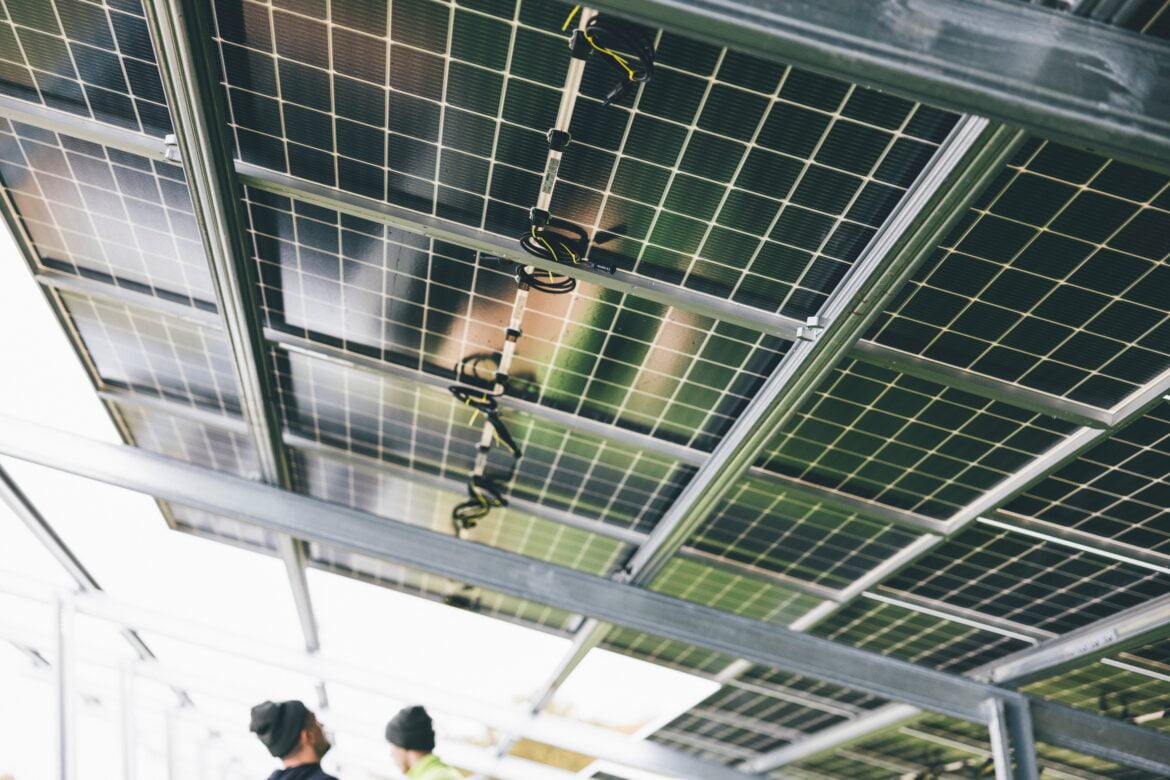Amid record-high temperatures and devastating climate and extreme weather-related disasters, the reality of the climate crisis was truly laid bare in 2023.
In the same year, the UAE held what many called the most important COP since the Paris Agreement. There, the phase-out of fossil fuels was the main point of discussion (and contention), and a “transition” away from them was ultimately what the world agreed to.
However, this transition and the path toward decarbonising infrastructure will be powered by people, many of whom are currently lacking the required skills.
This was the topic of focus for Fondazione MAIRE’s global research project, the results of which were shared at COP28.
The Italian non-profit found that to achieve net zero, there must be a radical change in people’s training, with skills centred at the heart of the energy transition.
ESG Mena spoke to Ilaria Catastini, General Manager, Fondazione MAIRE, to learn more about the research.
A growing understanding of the energy transition & its importance
Inaugurated in 2021, Fondazione MAIRE is the non-profit branch of the MAIRE Group, focused on energy transition technology and engineering.
Its mission, Catastini explained, is to contribute to creating “the profile of the new humanist engineer”: an individual who knows how to face complexity.
“Climate change means complexity, and there are a number of variables that have to be managed,” she said.
She noted that while the road ahead will require hard technological skills, soft skills are also crucial, and she emphasised the importance of creativity.
The study, commissioned by Fondazione MAIRE and conducted by IPSOS, cast a wide net and collected responses from across ten countries: Italy, the UK, Turkey, Saudi Arabia, the UAE, China, India, Algeria, the United States, and Chile.
Having interviewed 1,700 highly educated professionals, with input from 15 experts at the international level, the survey found that while 96 per cent have heard of the energy transition and roughly two-thirds consider it a priority, regionally, there was a high degree of variability regarding the specifics.
For example, the understanding of energy transition’s positive impact on employment was high in Saudi Arabia (55 per cent), India (63 per cent), Algeria (67 per cent) and Chile (53 per cent).
Meanwhile, in places such as Saudi Arabia, UAE, China and India, the perception of the energy transition’s importance was higher, as was the perception of their countries’ level of commitment to it, Catastini noted.
“The people interviewed think that India is doing well in terms of creating opportunities; what emerges from the report is that people are aware of the opportunities – mainly, environmental opportunities, and benefits – but also social opportunities, jobs.”
Catastini explained that in a country like China, one that’s investing in the electric automotive sector, and solar panel factories, something that’s resulting in transition-related job creation, people are more widely understanding the “concrete benefit” of the energy transition.
“It switches from a problem to an opportunity,” commented Catastini.
Reskilling urgency
Catastini noted that the situation is undoubtedly changing, and the research found that the people interviewed from across the different countries recognise the importance of training.
When asked when this training should commence, the survey found that most believe it should take place imminently. “Most people think that it’s quite urgent,” said Catastini.
Also emerging from the survey was the regional variability of required soft and hard skills. For example, in China and India, skills for the circular economy were found to be crucial due to the scale of the plastic problem, she explained.
Further, in the UK, Algeria, Saudi Arabia, India, and the UAE, the survey found creativity ranked highly. At the same time, problem-solving skills were identified as central in Italy, Turkey, Saudi Arabia, China, the United States, and Chile.
Funding, knowledge-sharing and boosting female representation
When it comes to funding this education and reskilling, the survey’s opinion leaders said there needs to be global funding but that this funding needs to be managed on a national level due to the varying needs of each country.
“The school system is also completely different; universities need to cooperate to exchange competencies and experiences,” explained Catastini.
This, she said, could be facilitated through scholarships and exchange programs.
To accelerate action in energy transition education, Catastini explained that the Fondazione MAIRE is driving forward initiatives focused on educated girls.
“There’s a huge need to include women and minorities in the workforce in the energy arena, dedicated to the energy transition, with sustainability skills,” she said.
Catastini shared that in the energy sector, women represent only 16 per cent, while in the clean energy sector, they represent just 32 per cent.
“In India, we are doing a project with very young girls coming from rural areas, because we think that this kind of activity has to be based on real inclusion for the growth of competencies at a worldwide level,” she said.
Indeed, to achieve UN climate change targets, mobilisation must take place on a global level, across each facet of society, with sustainability embedded across the board, beginning with education.
As the Foundation highlights, tech skills and know-how alone are not enough; approaches must be multidisciplinary, for example, combining skills like critical thinking with knowledge and understanding of the circular economy.
“We are saying that there is a need to build a completely new profile of people working in the sector. This is the best finding of this research.”



